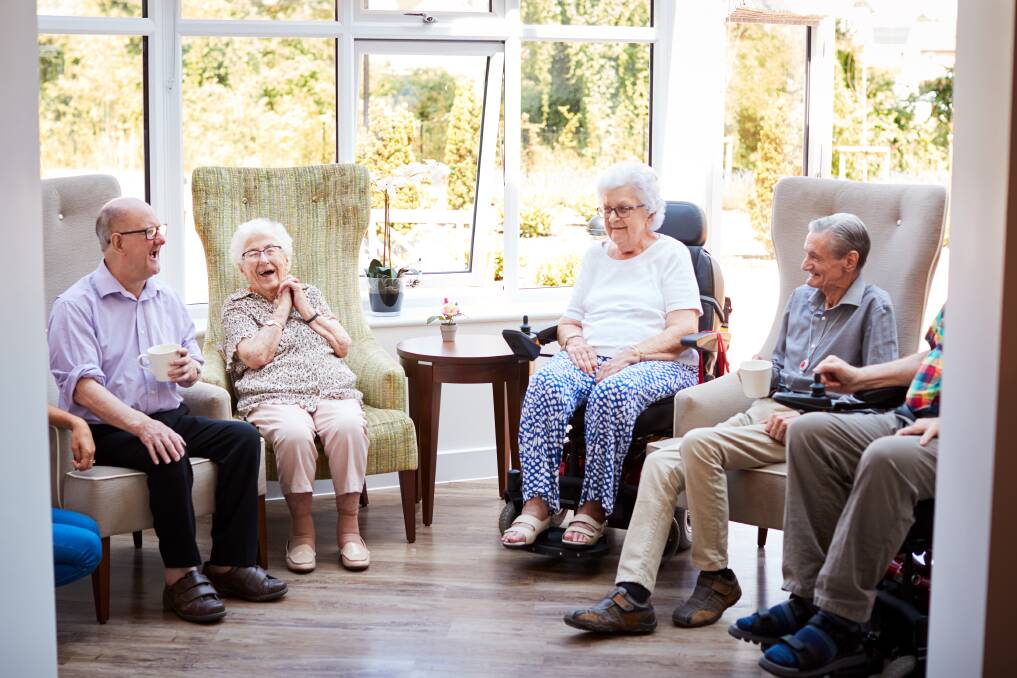
Residential aged care is essential to improving an older adult’s quality of life, especially when mobility becomes an issue. It’s a decision that requires careful consideration and planning as it can significantly impact the well-being of your loved one.
Due to an ageing population and increasing demand for aged care services, preparing for residential aged care is crucial. This is a complex process involving many factors, from finances to medical and legal matters.
This article will explore why preparing for residential aged care is important and provide advice on making the transition as smooth and stress-free as possible. Read on.
Importance of preparing for residential aged care
Preparing for residential aged care is essential for elderly individuals and their loved ones. Moving to a residential aged care facility can be a daunting experience for many seniors. However, proper planning can make the transition much smoother.
Choosing the right facility and preparing them for the move can help your loved one feel more comfortable and secure in their new home. That can significantly improve their overall quality of life and well-being. Remember, the average cost of aged care can vary depending on the level of care required. Planning and understanding the financial implications can help you make informed decisions and prepare for potential expenses.
Moreover, it’d help to address legal matters such as powers of attorney and wills before your loved one moves into residential aged care. By taking care of these things in advance, you can avoid potential legal issues and give yourself and your loved one peace of mind.
Tips to prepare for residential aged care
Here are some tips to keep in mind to ensure a senior’s smooth transition to residential aged care:
- Start planning early: Planning for residential aged care can be time-consuming. Therefore, starting the process as early as possible is vital to allow time to research, compare options, and make informed decisions. Also, ensure that the senior has a say in and is involved in the process.
- Involve family and loved ones in the decision-making process: Deciding on residential aged care can be an emotional and challenging time for both the elderly individual and their family members. Thus, involving the latter in decision-making and listening to their opinions and concerns is important. It’s a must for them to work together to make informed decisions in the senior’s best interest.
- Research facilities and compare options: There are a variety of residential aged care facilities available, each with its unique offerings, services, and costs. Therefore, it’s essential to research and compare options carefully to ensure that the senior receives the right care and support.
- Know available funding options: Residential aged care can be expensive, and it’s important to explore available funding options such as government subsidies or insurance policies. That can make the process more manageable and reduce the financial burden for the individual and their family members.
- Address legal and financial matters in advance: It’s important to address legal and financial issues such as wills, powers of attorney, and guardianship to ensure the senior’s wishes are respected and protected. Seeking legal and financial advice and having these documents in place before making any decisions about residential aged care can provide peace of mind for all involved.
- Maintain social connections and support systems: Moving into residential aged care can be a significant change for your senior loved one. Maintaining social connections and support systems is essential to help them adjust to their new environment. That can include keeping in touch with friends and family, participating in activities and events, and connecting with the broader community.
- Advocate for quality care for your loved one: Advocating for your senior is crucial and ensuring their needs and preferences are respected and met. That can include communicating regularly with care providers, participating in care planning meetings, and providing feedback on the quality of care.
Preparing for residential aged care involves careful planning, research, and consideration of various factors. The advice can ensure a smooth transition and support the individual’s well-being as they move into residential aged care.
These are the tips you need when preparing for residential aged care. In addition, it’s essential to prepare for adjustments and changes that may occur as your loved one settles into their new living situation. Feeling a sense of loss or sadness is natural as your loved one moves away from their home and familiar surroundings. However, this transition is an opportunity for growth and new experiences.
Remember to approach this process with empathy and compassion, recognising that it can be a difficult and emotional time for everyone involved. By focusing on your loved one’s needs and well-being, you can ensure they receive the support and care they need to thrive in their new home.
